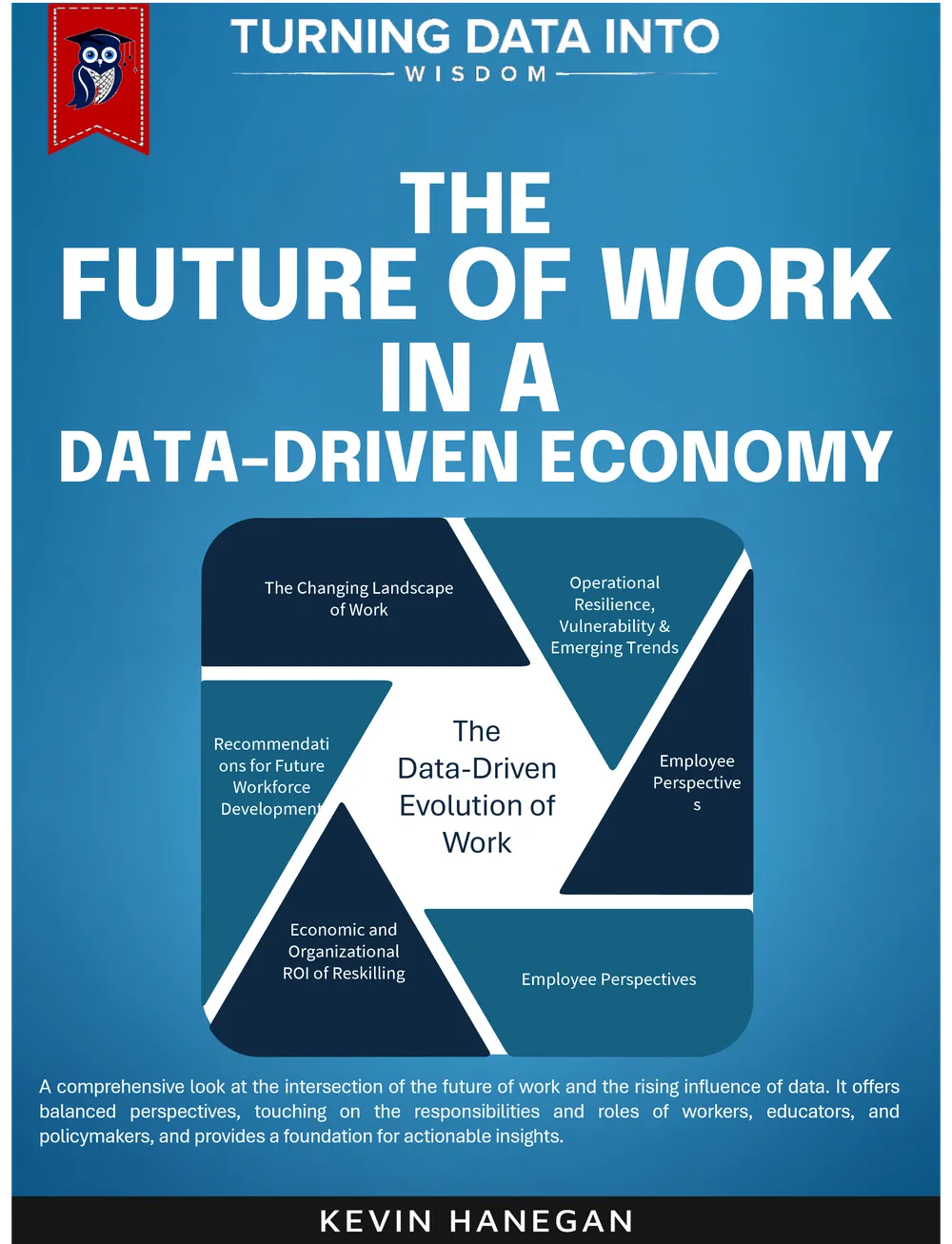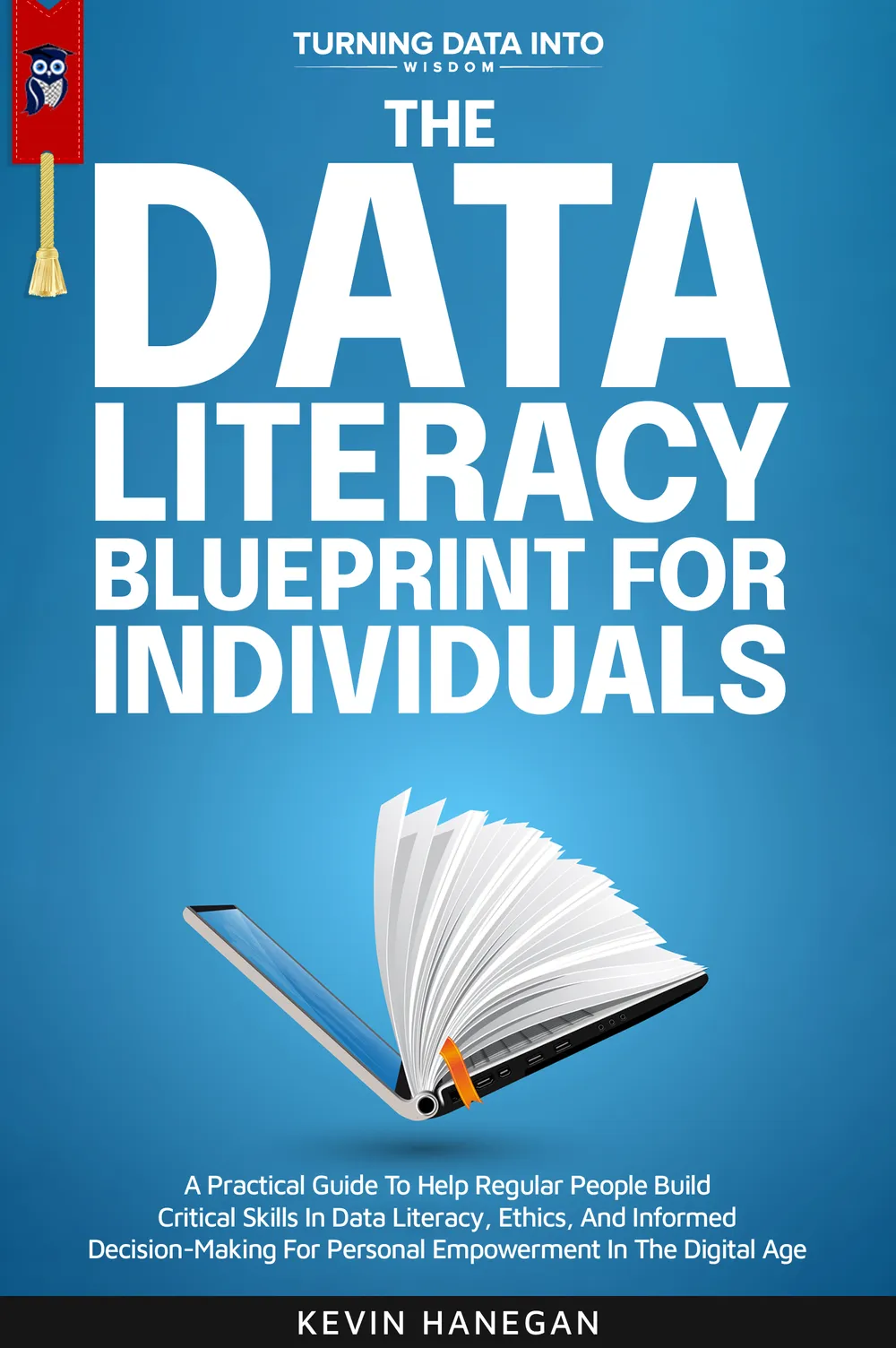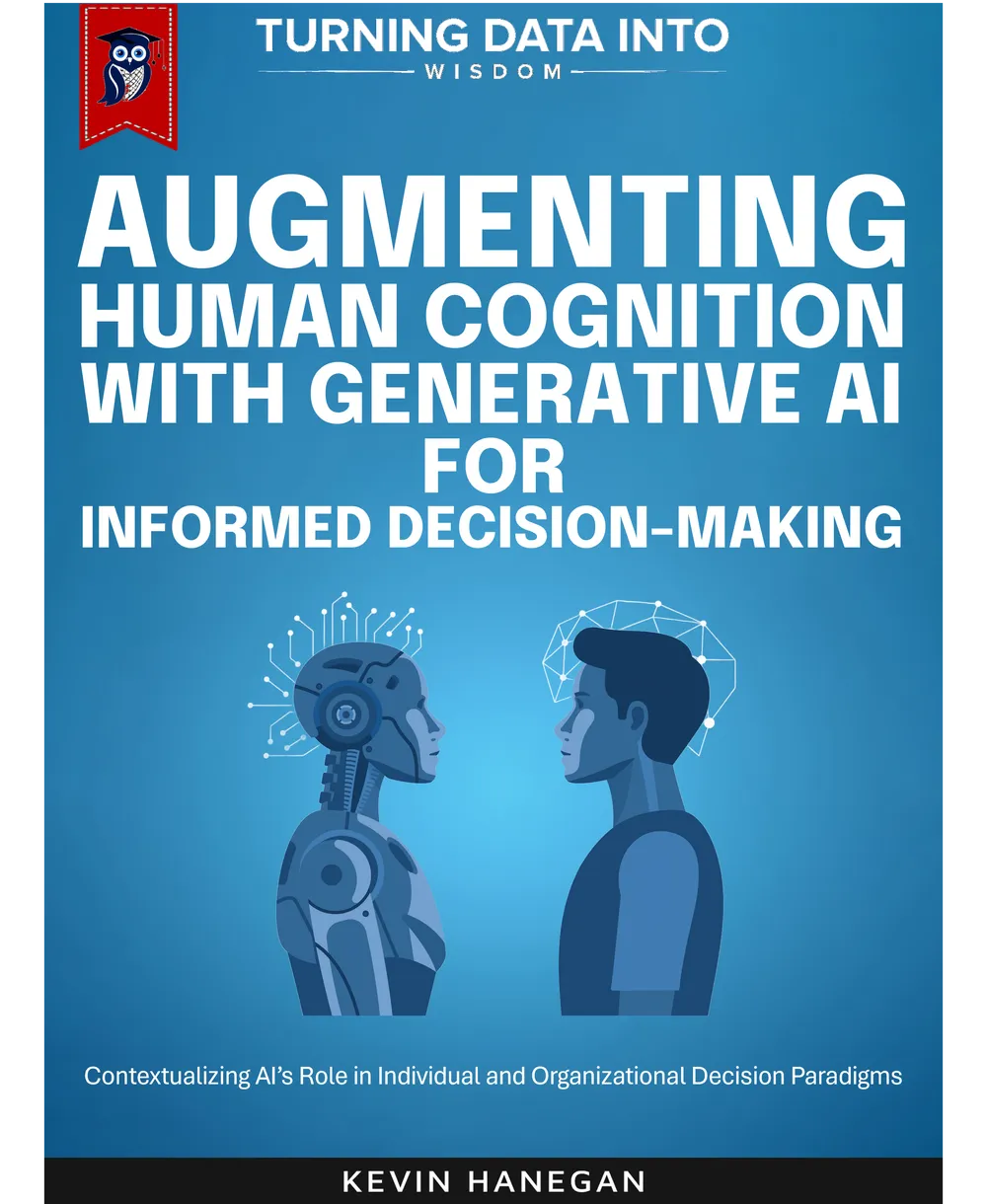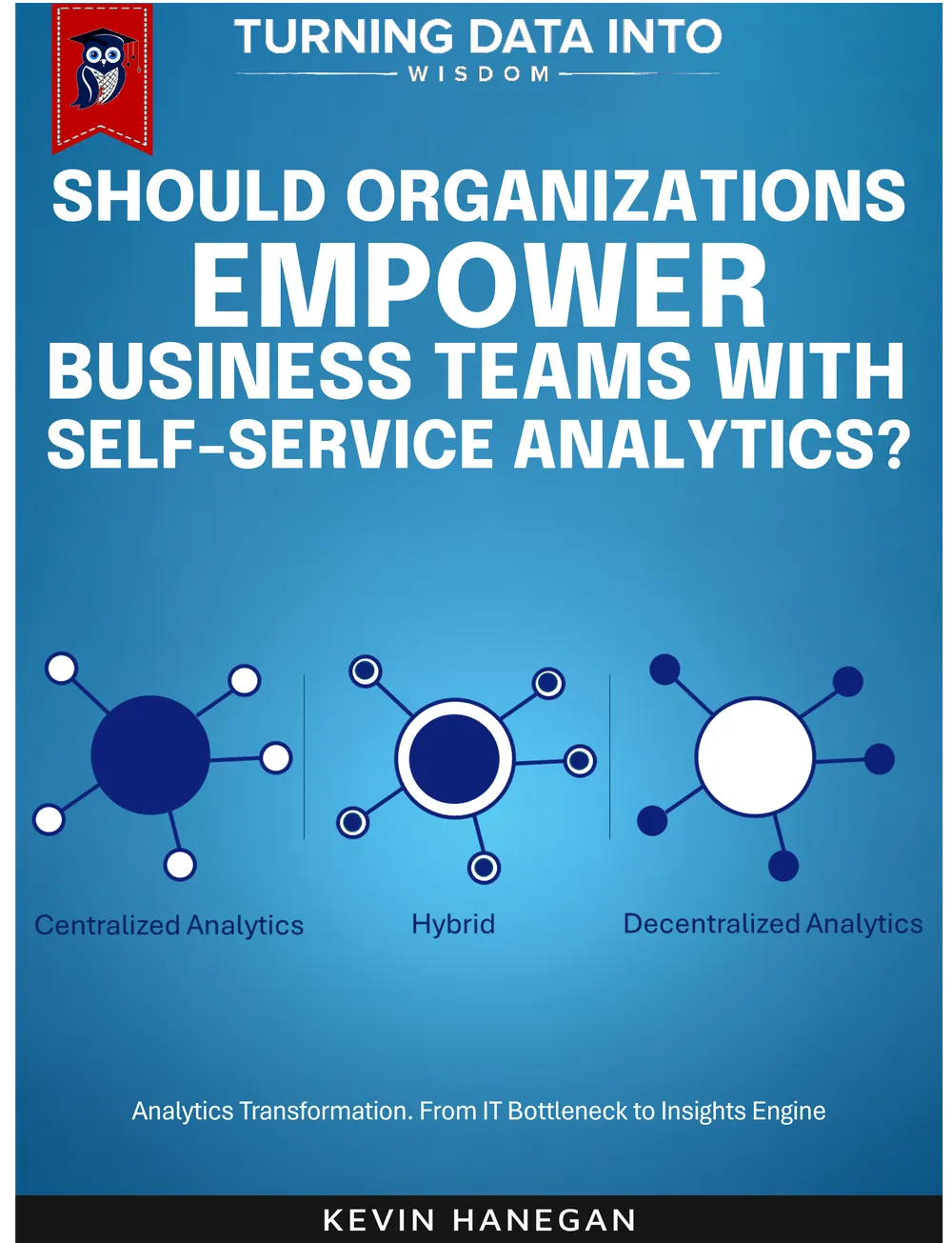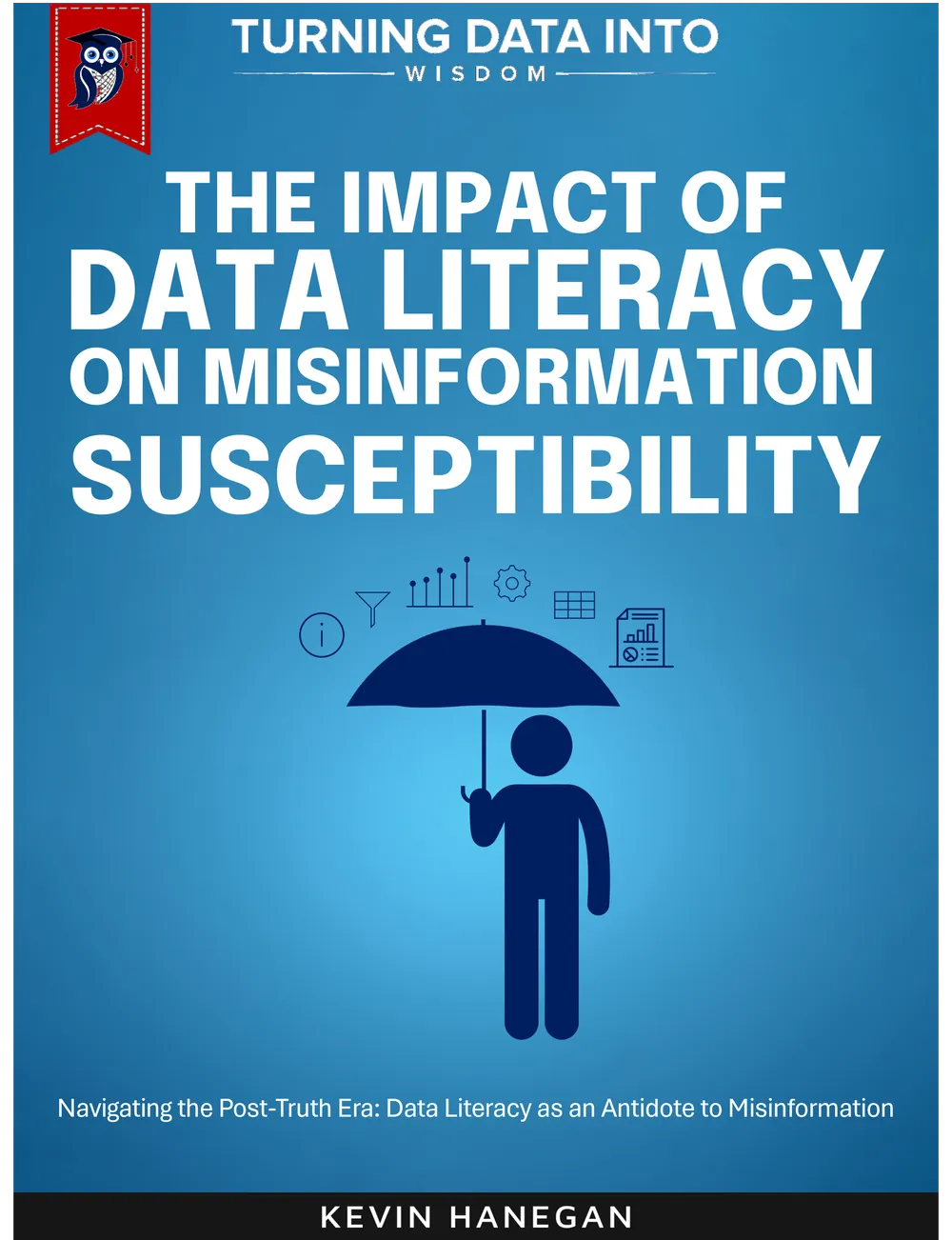AI Alchemy. Uncover Hidden Opportunities for AI in Your Business
Unlock the power of AI in your business with our AI Opportunity Identification Framework. Learn how to systematically identify, evaluate, and prioritize AI applications that deliver real value.


